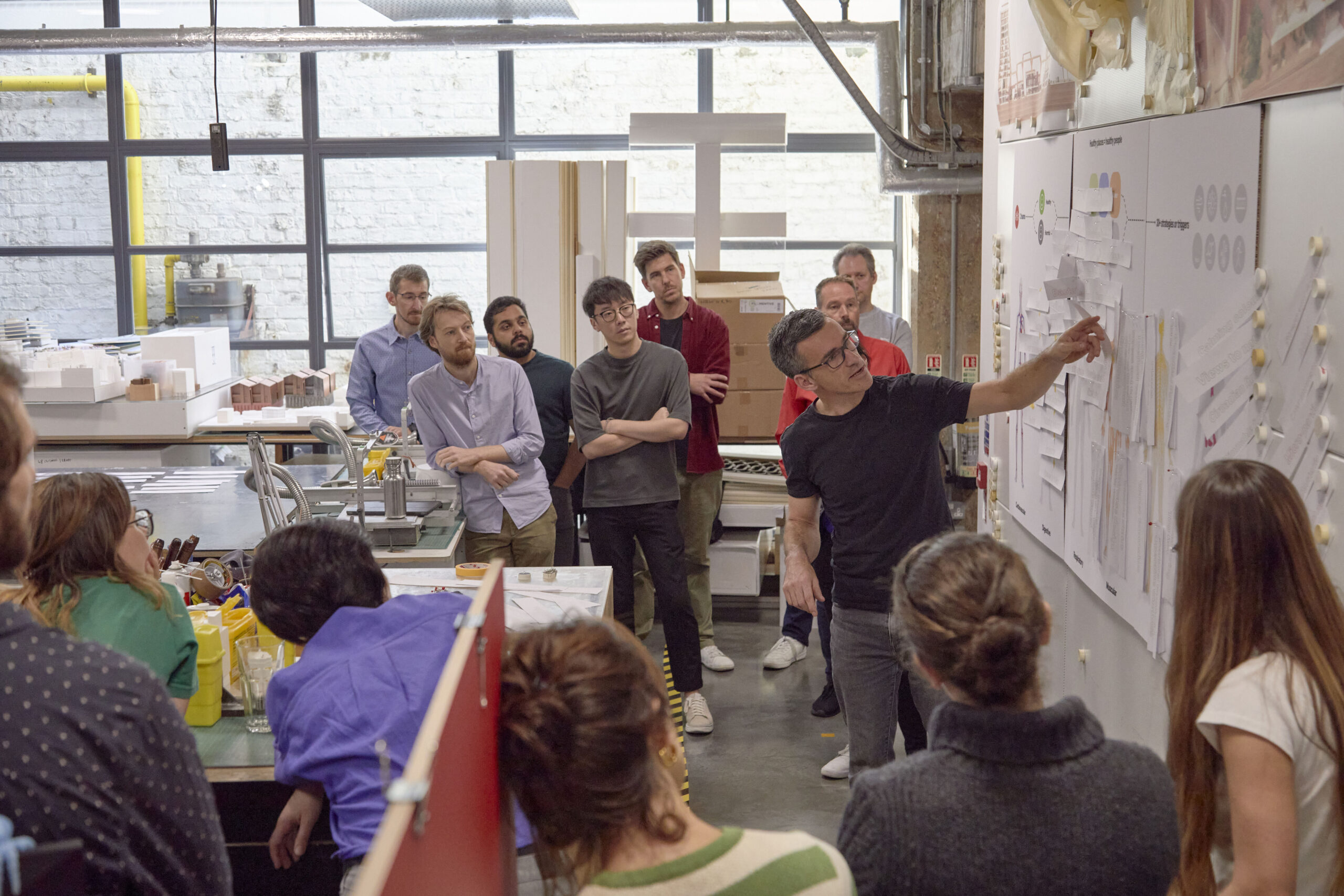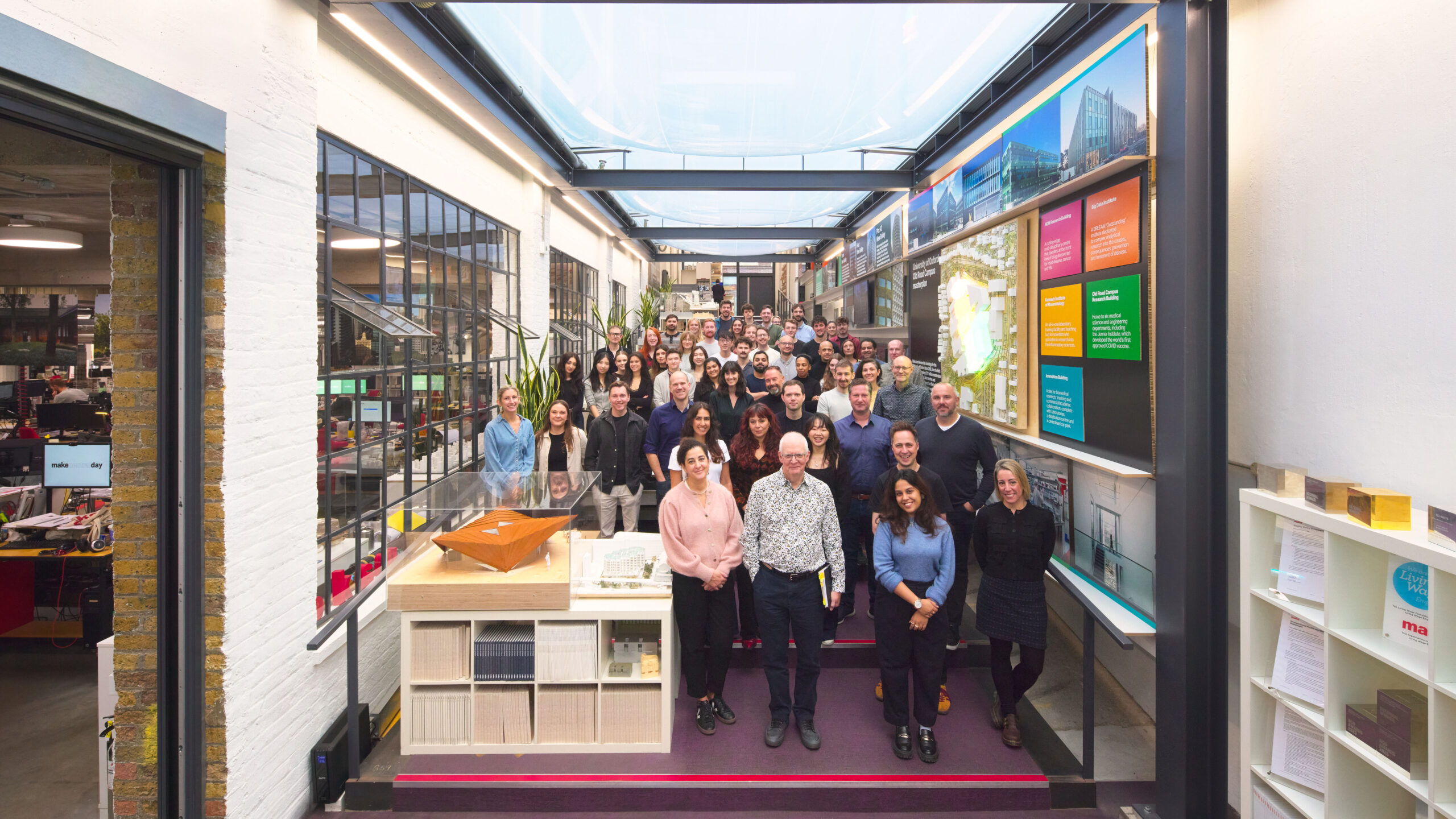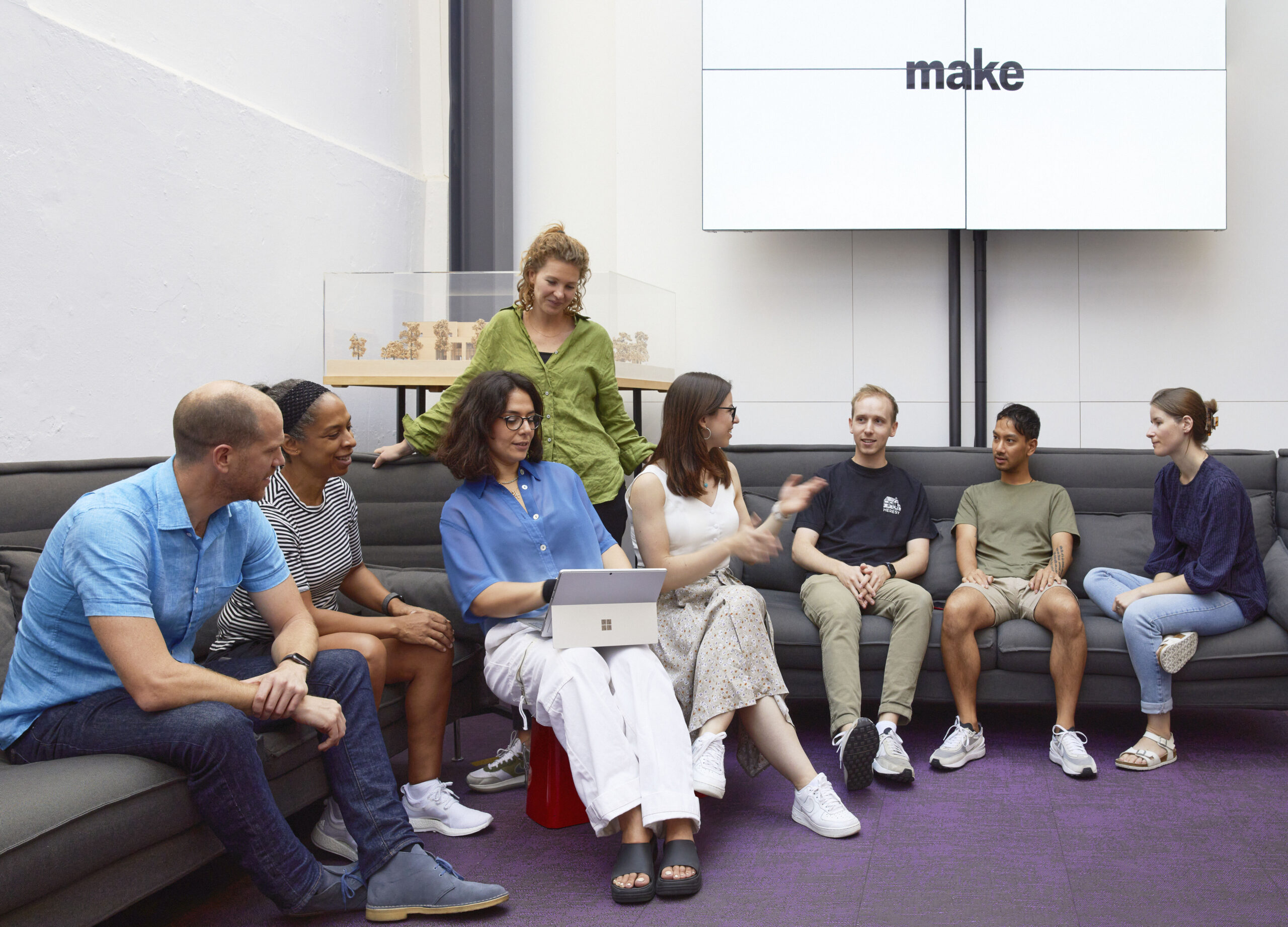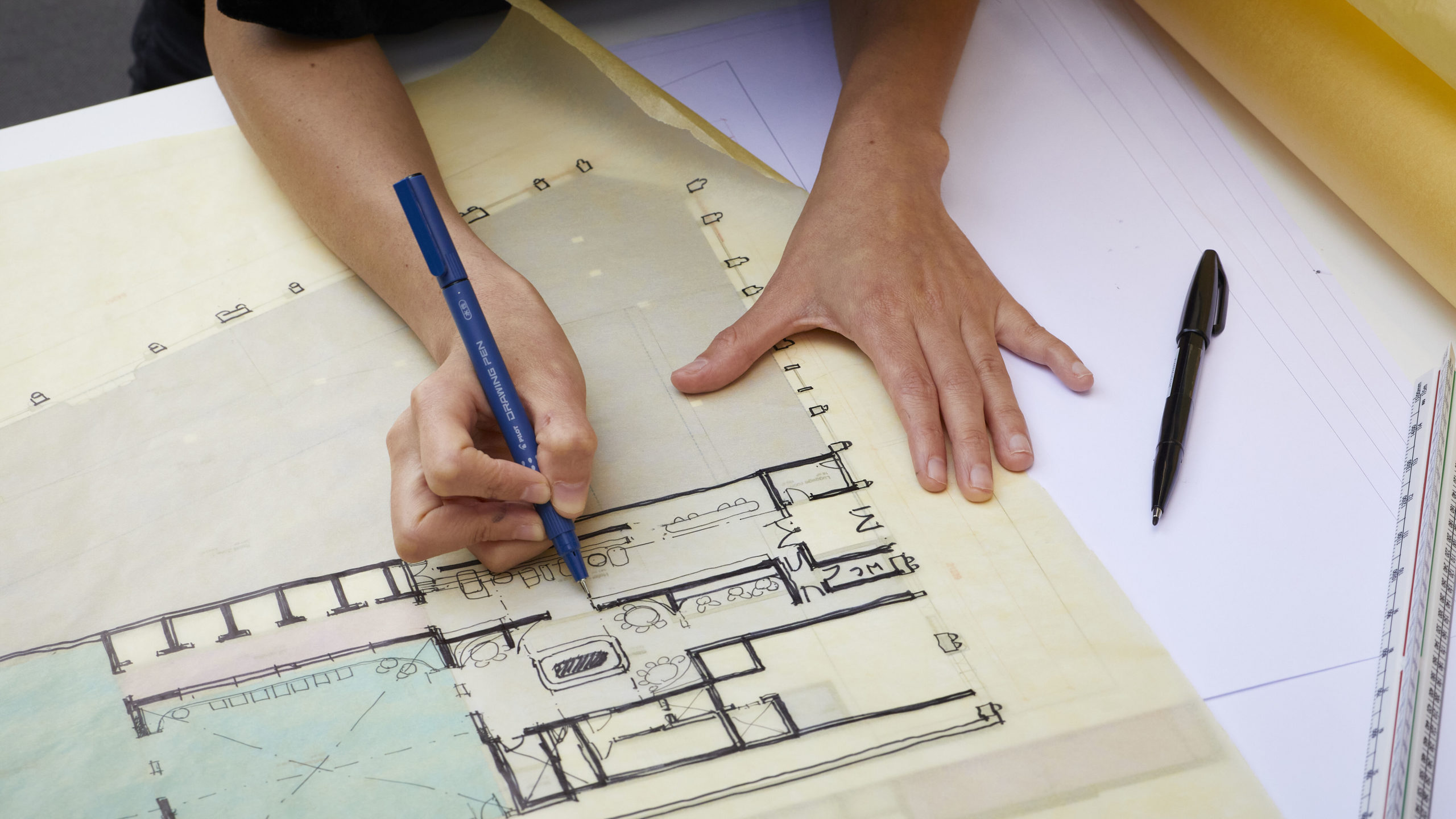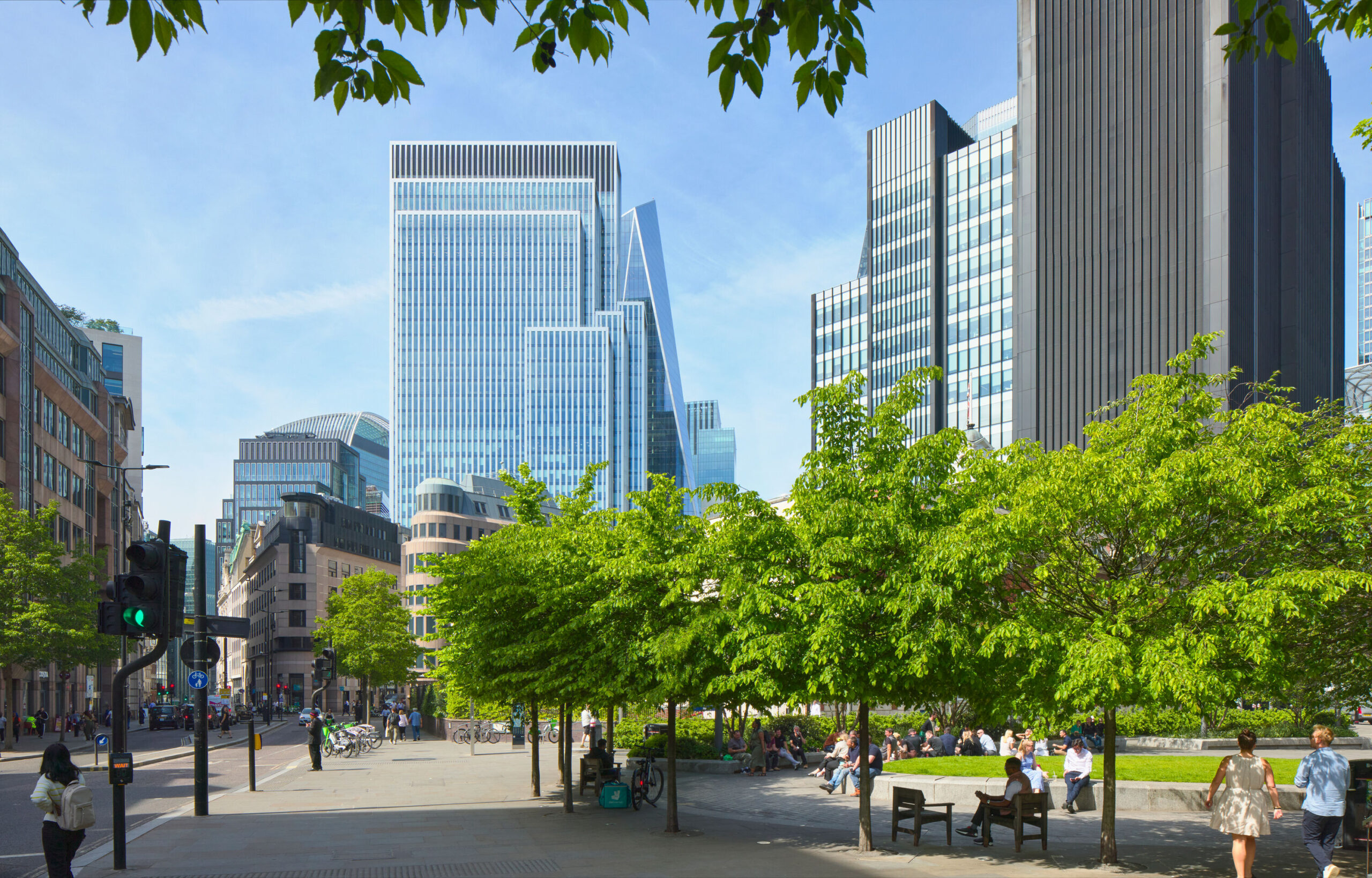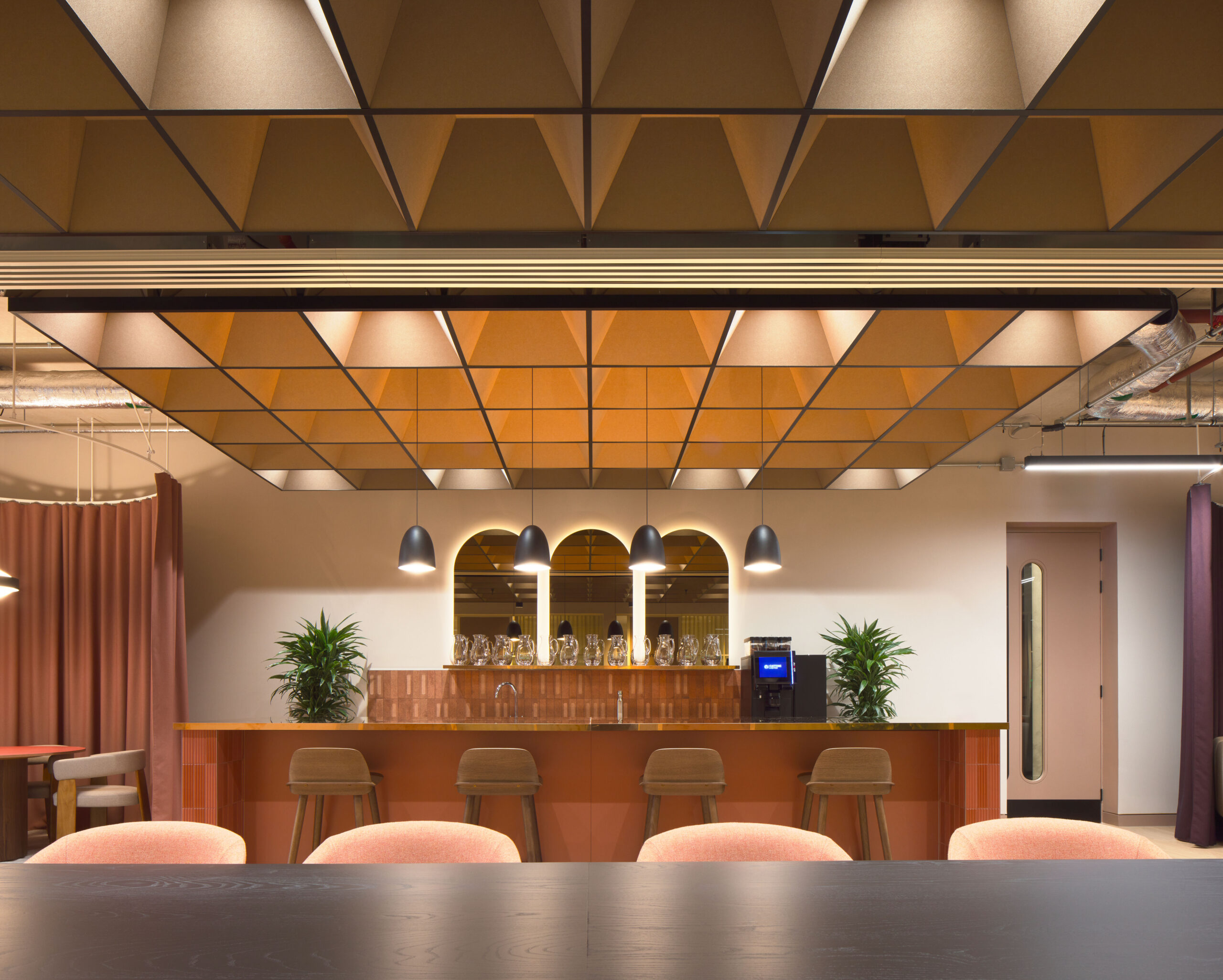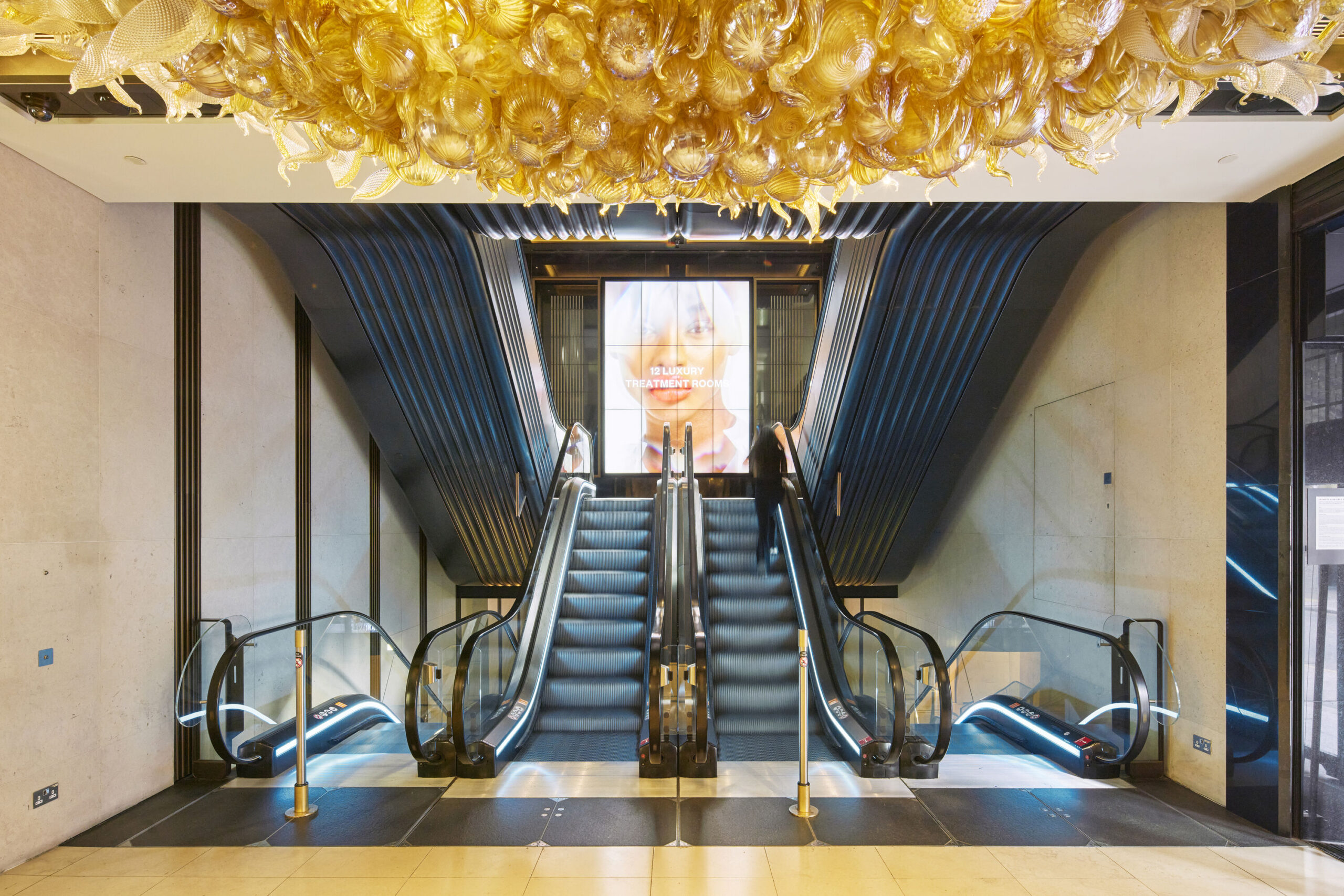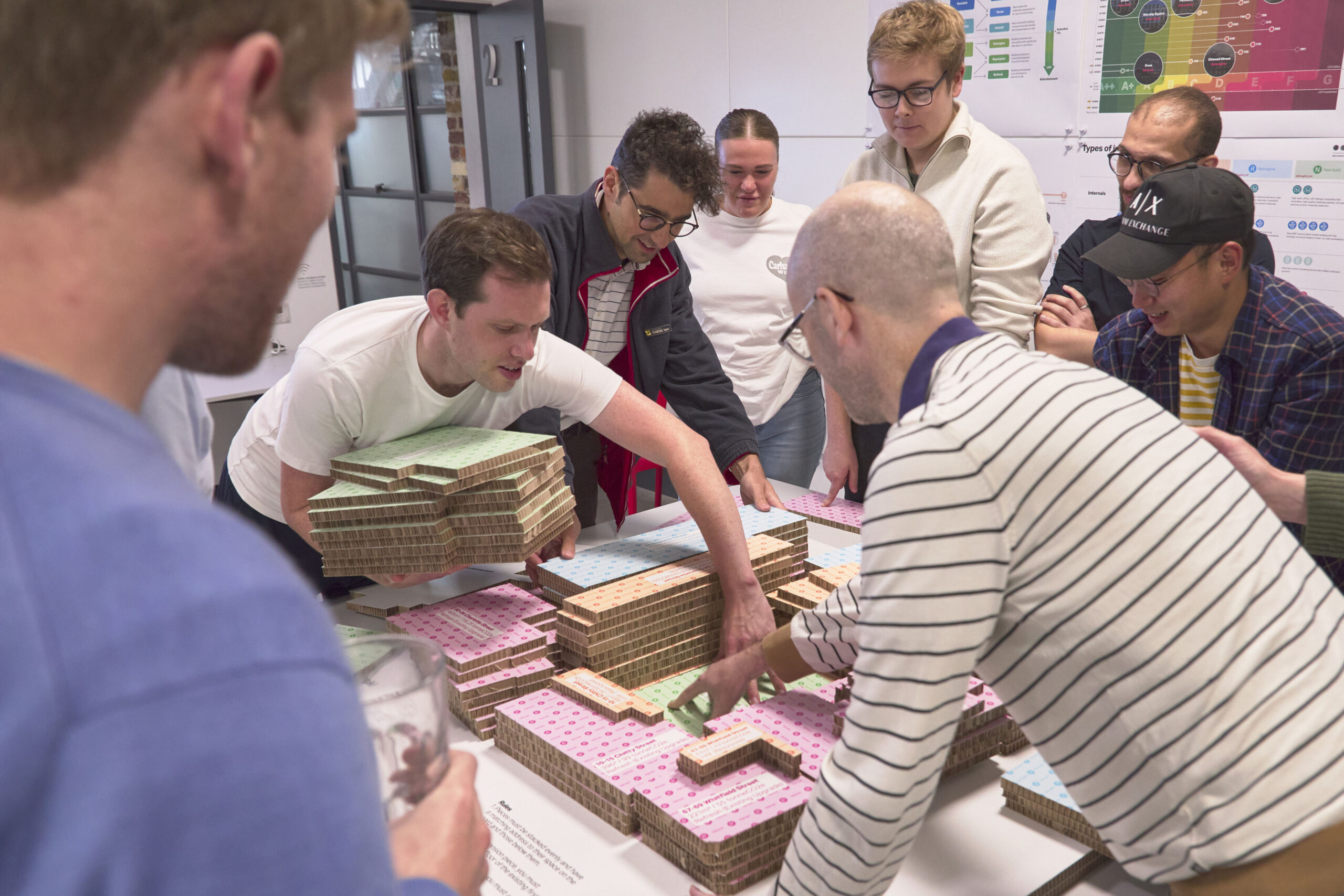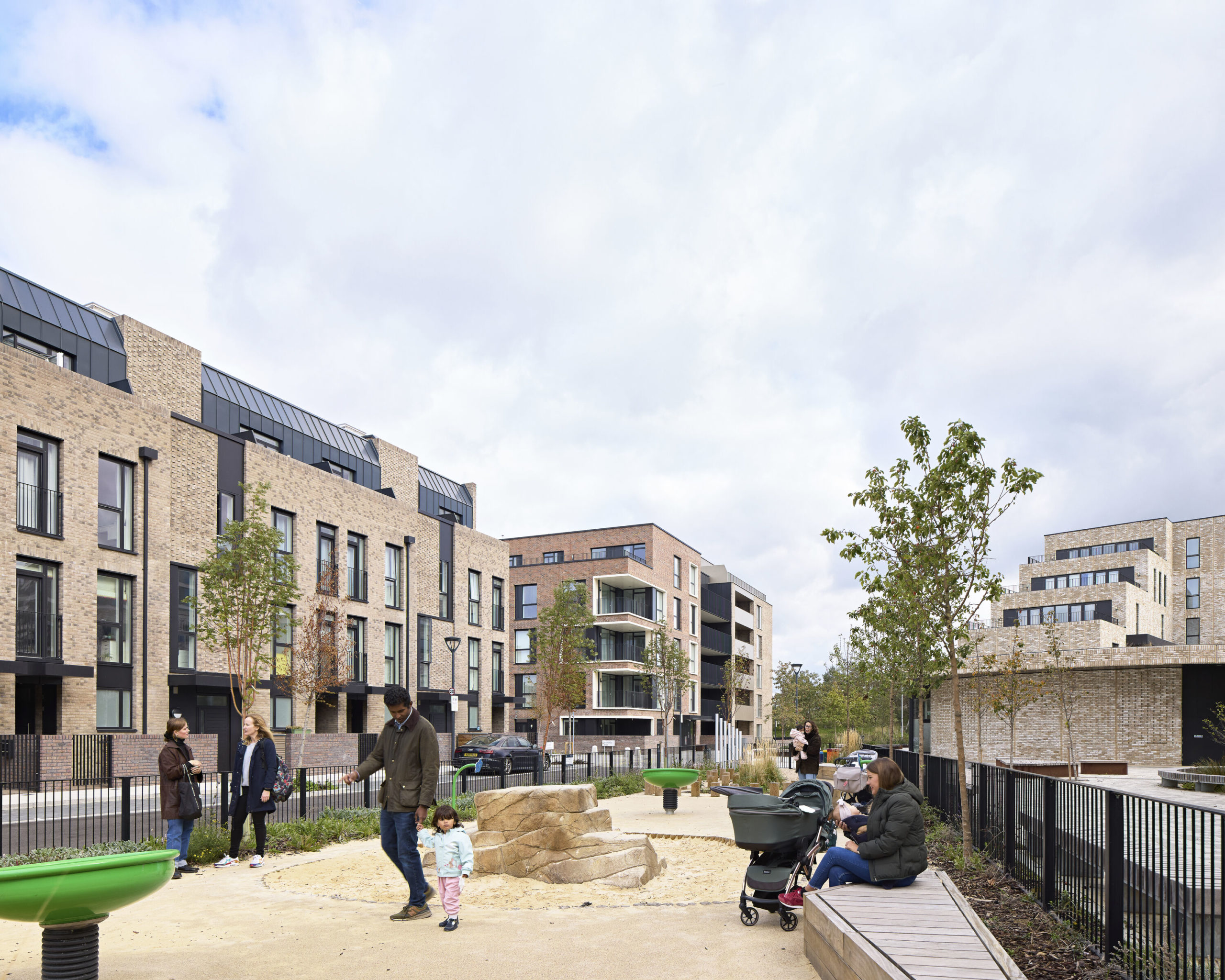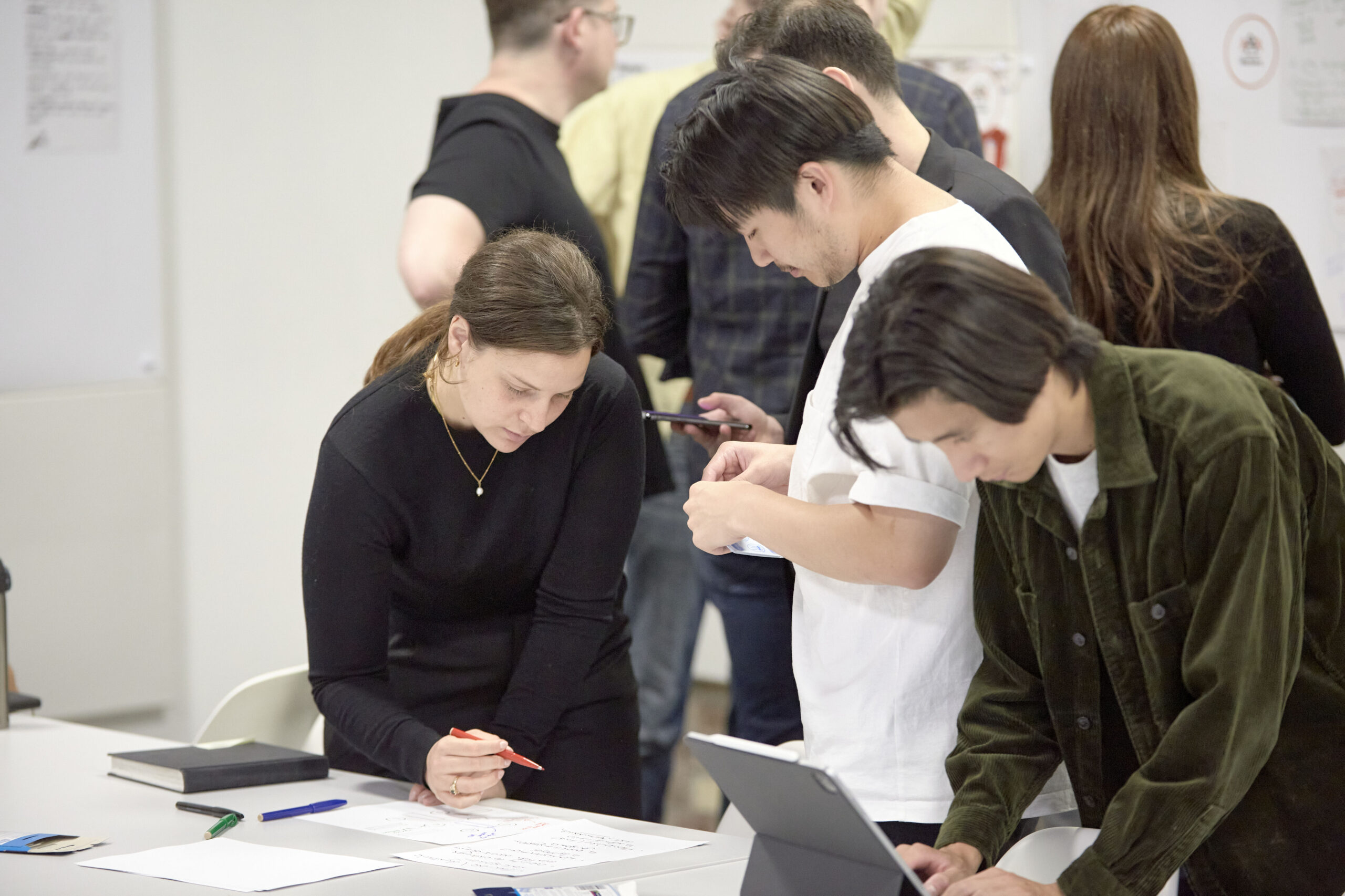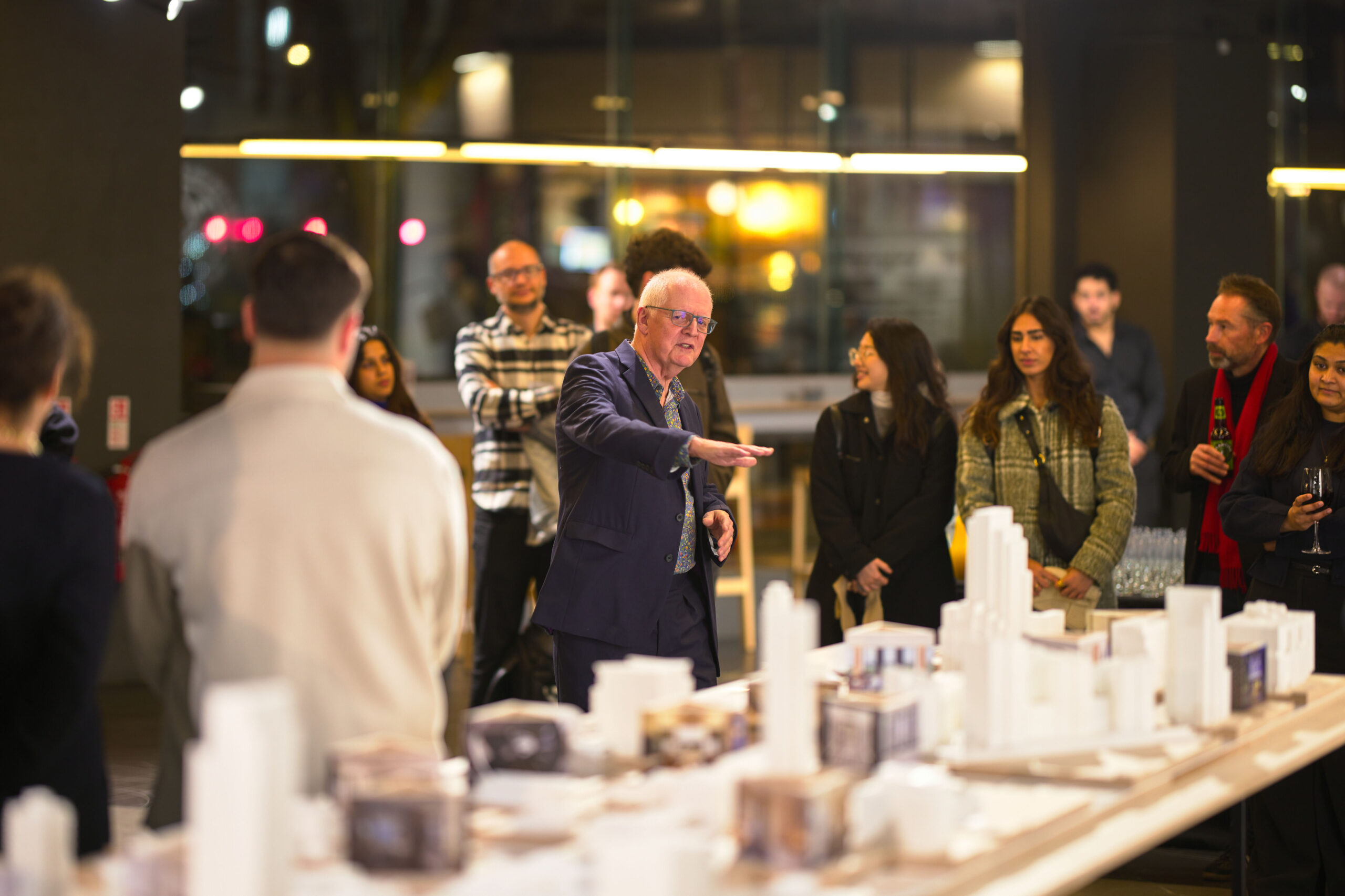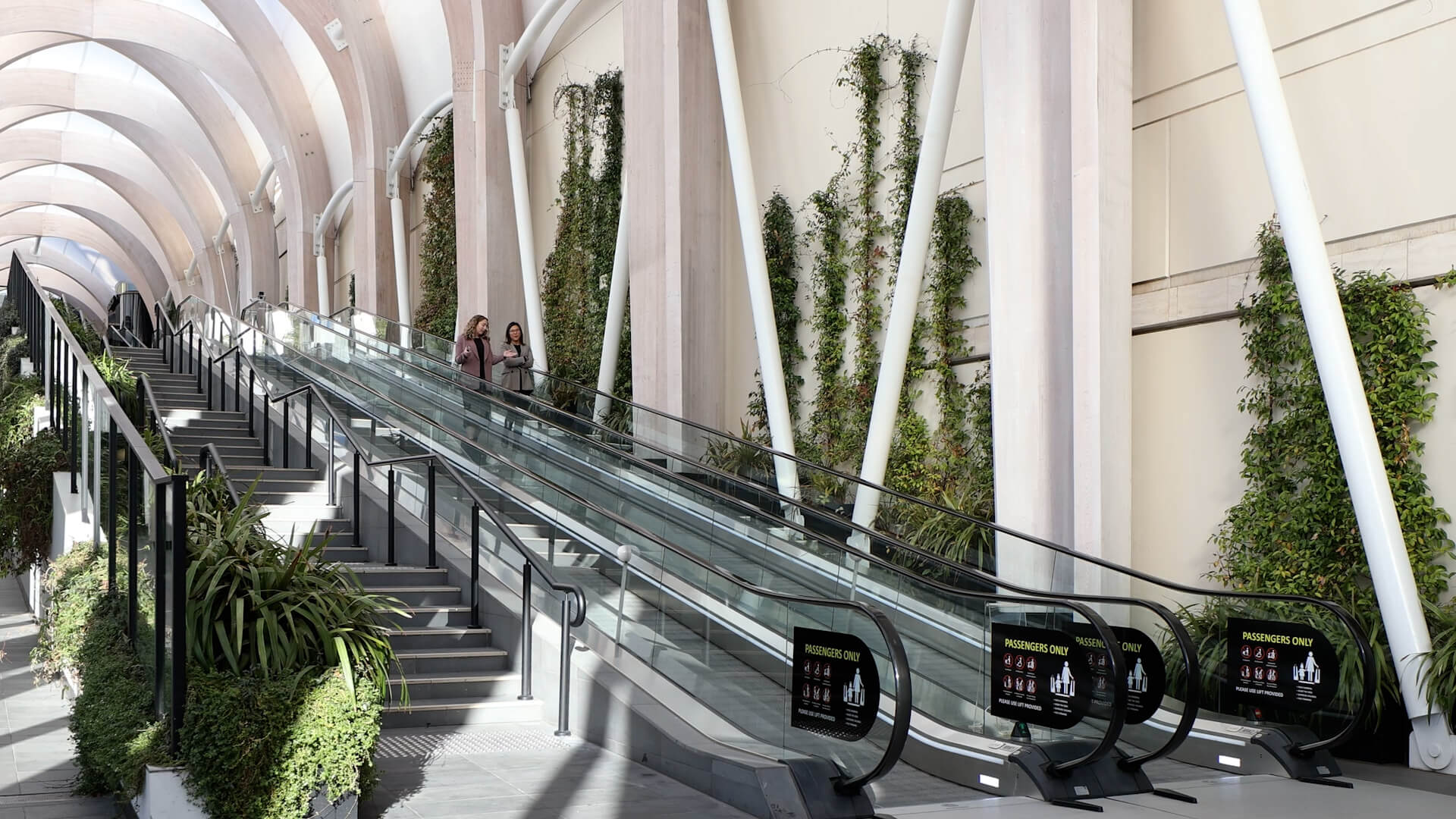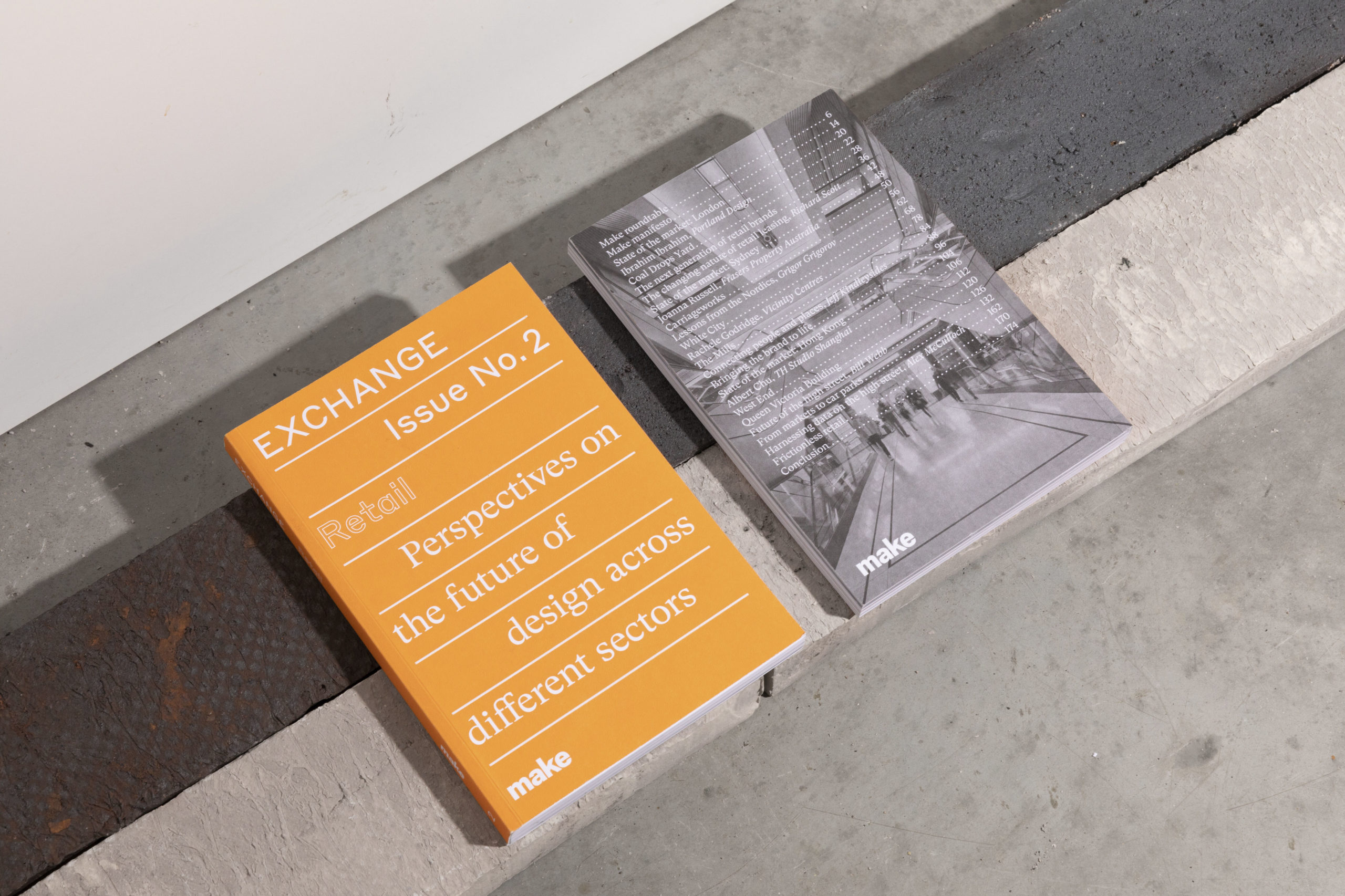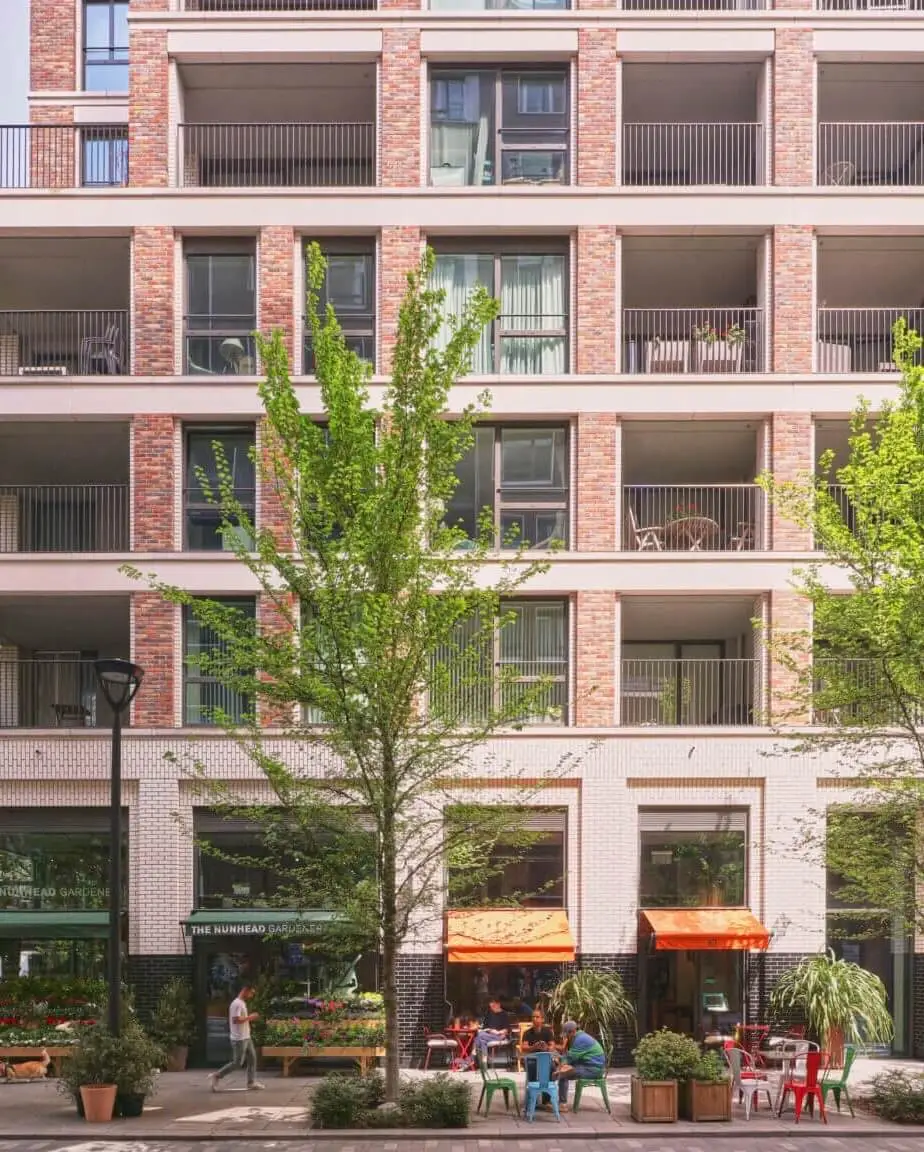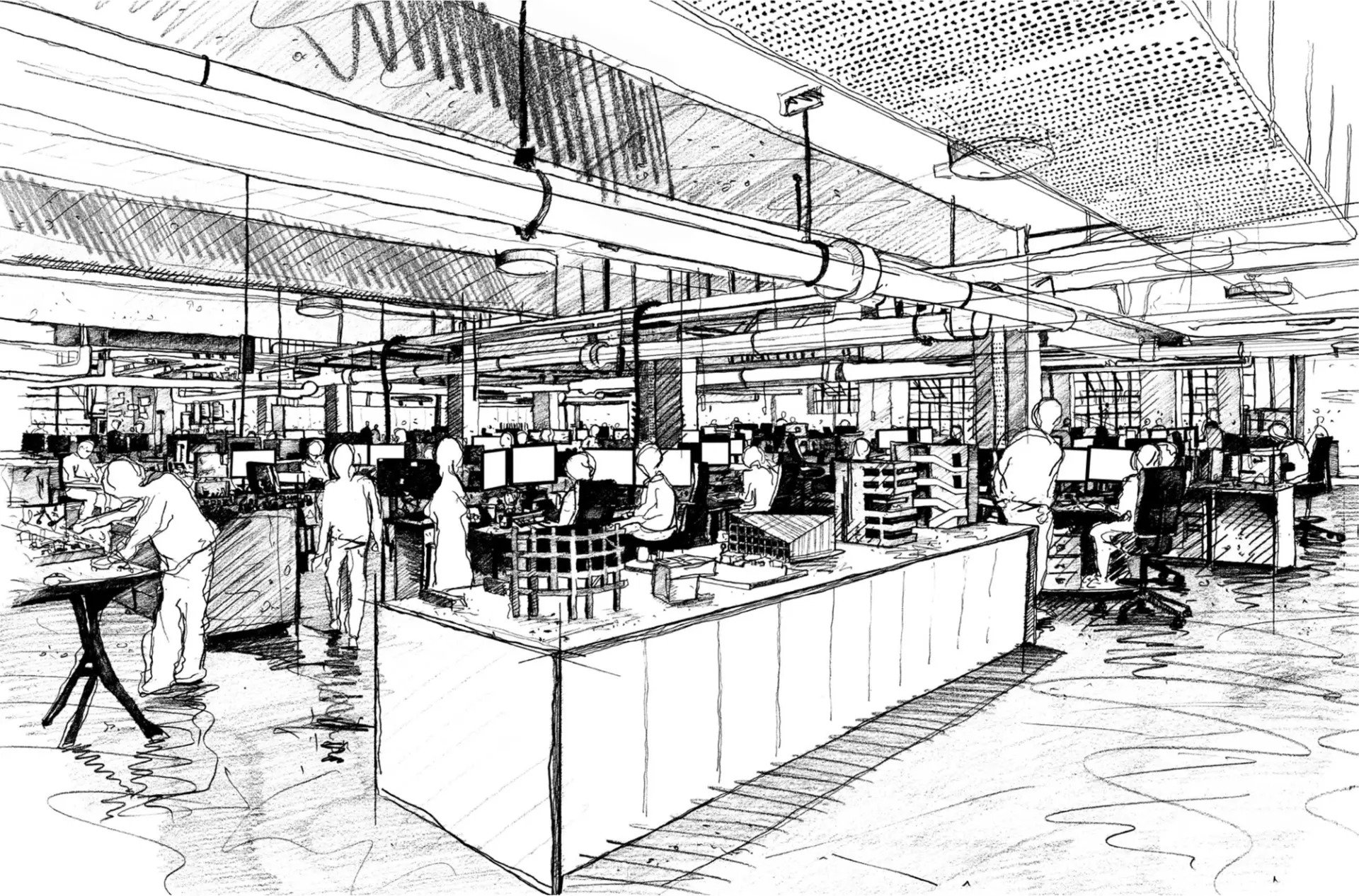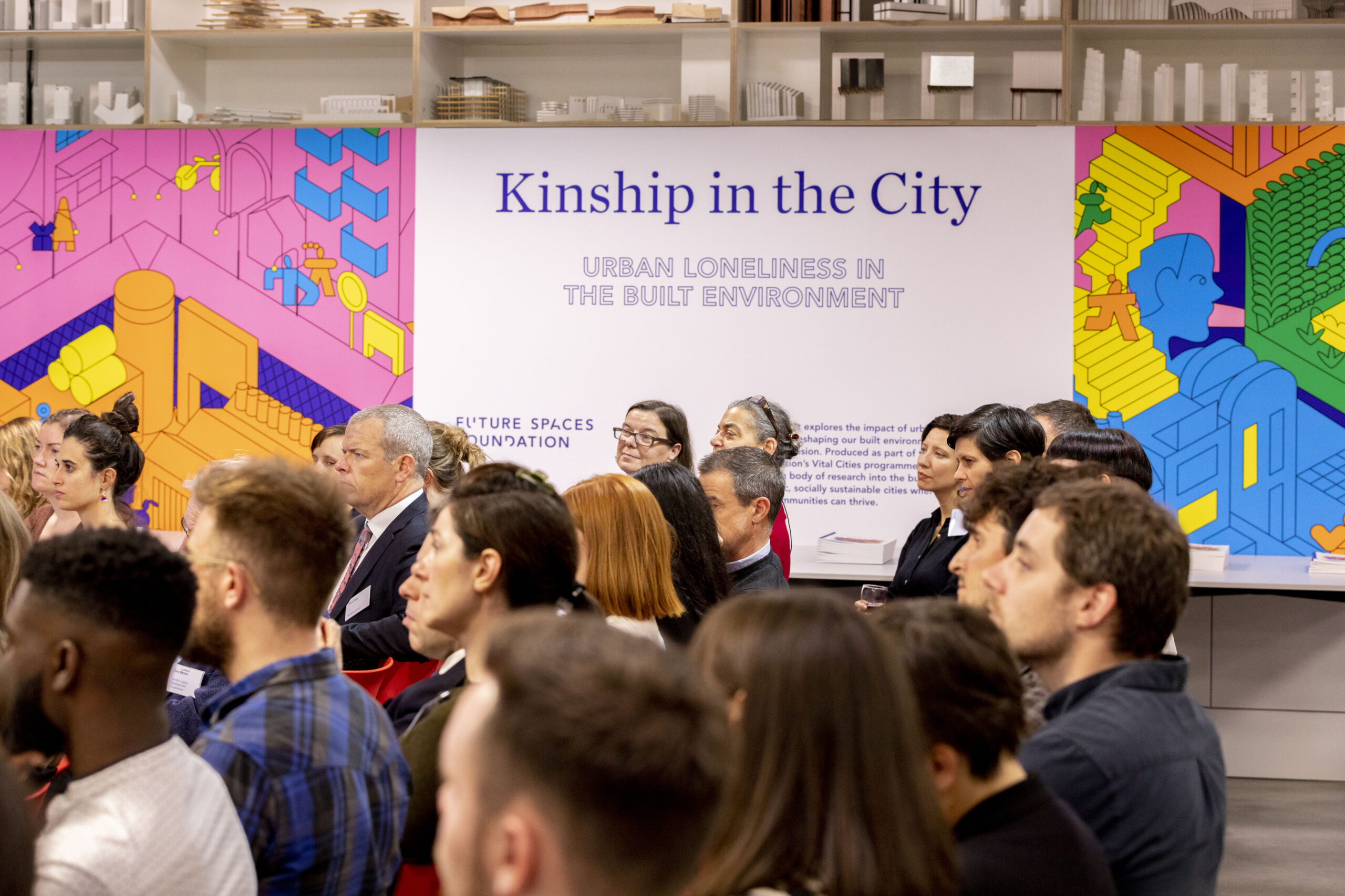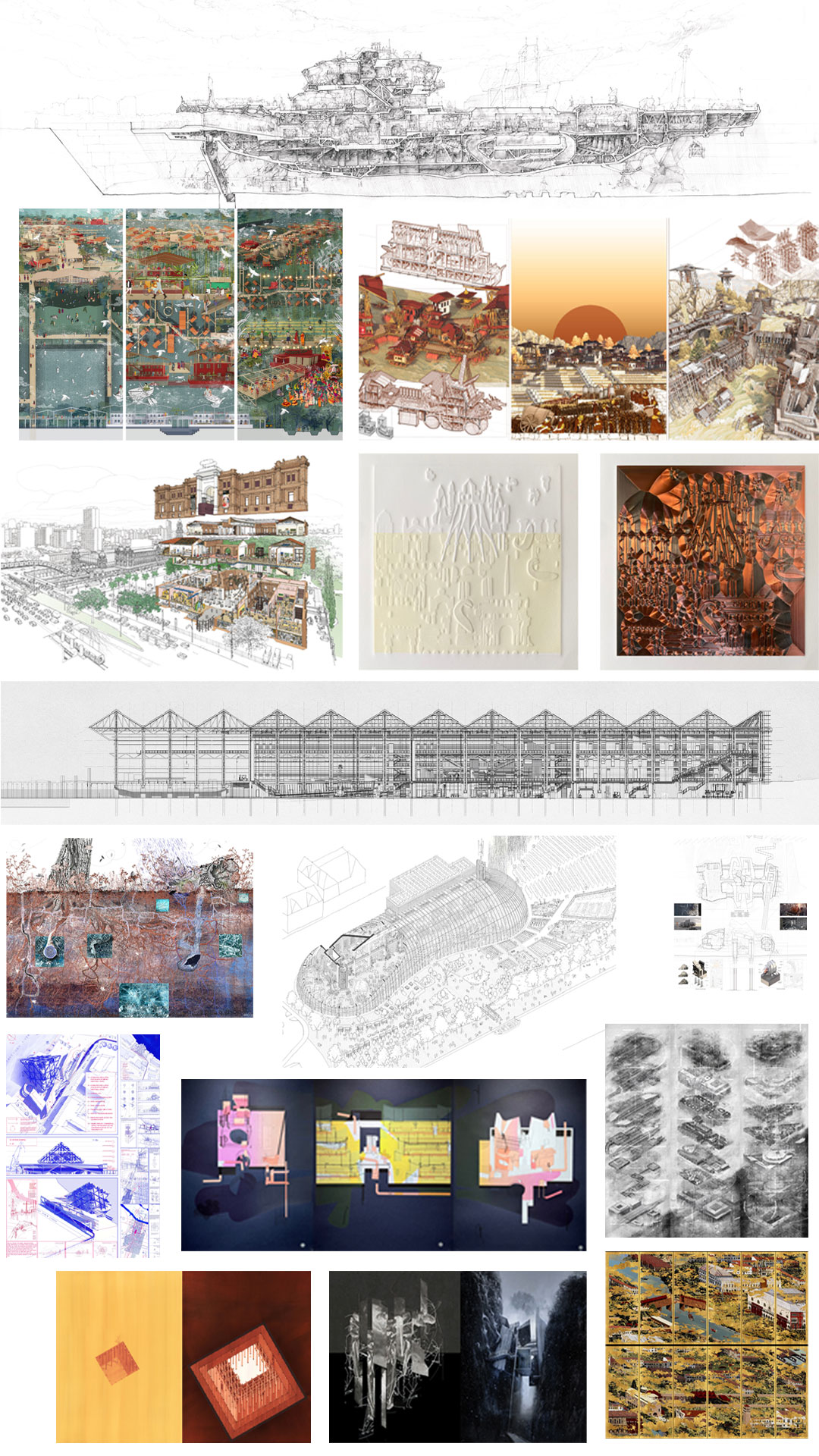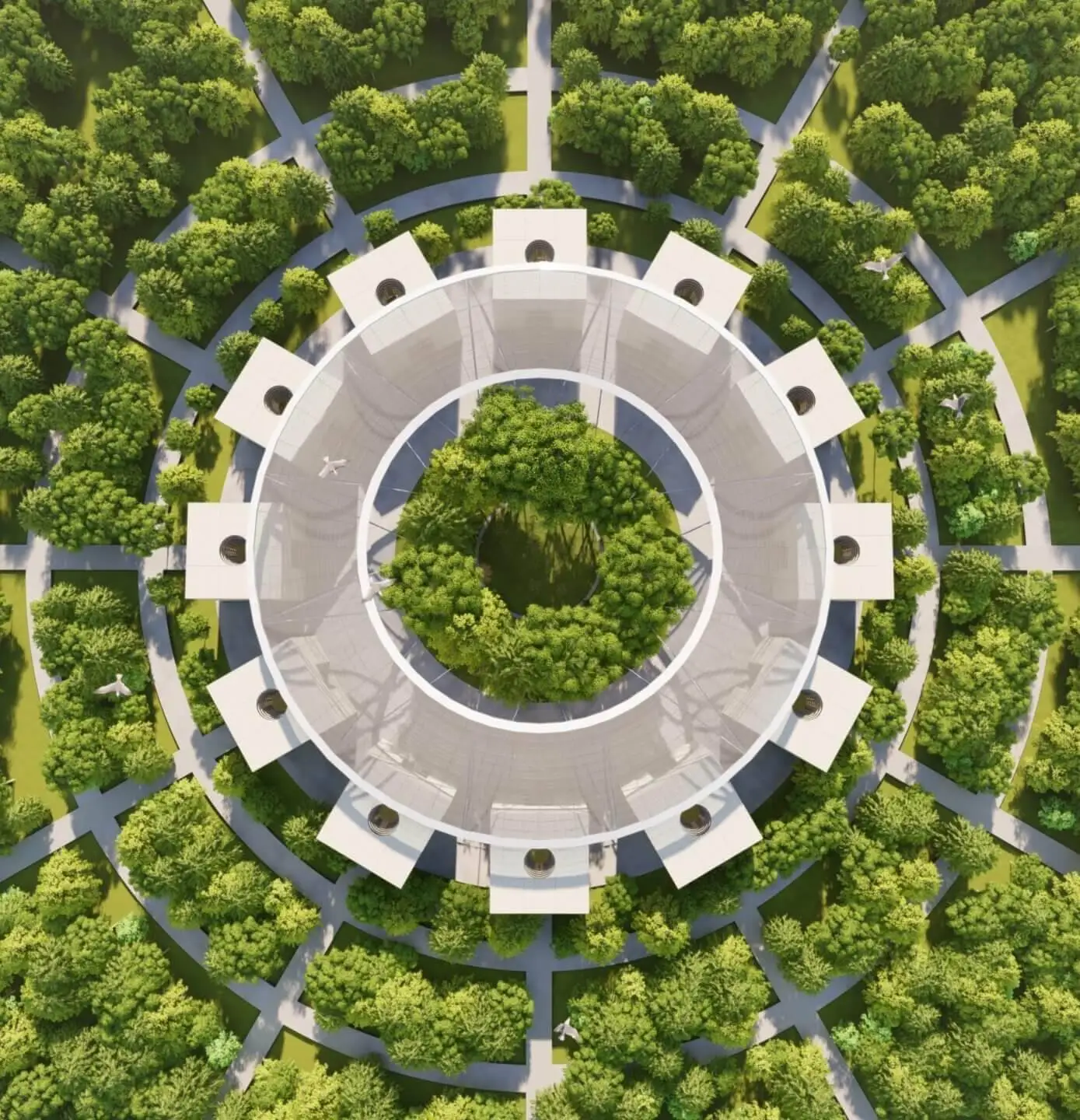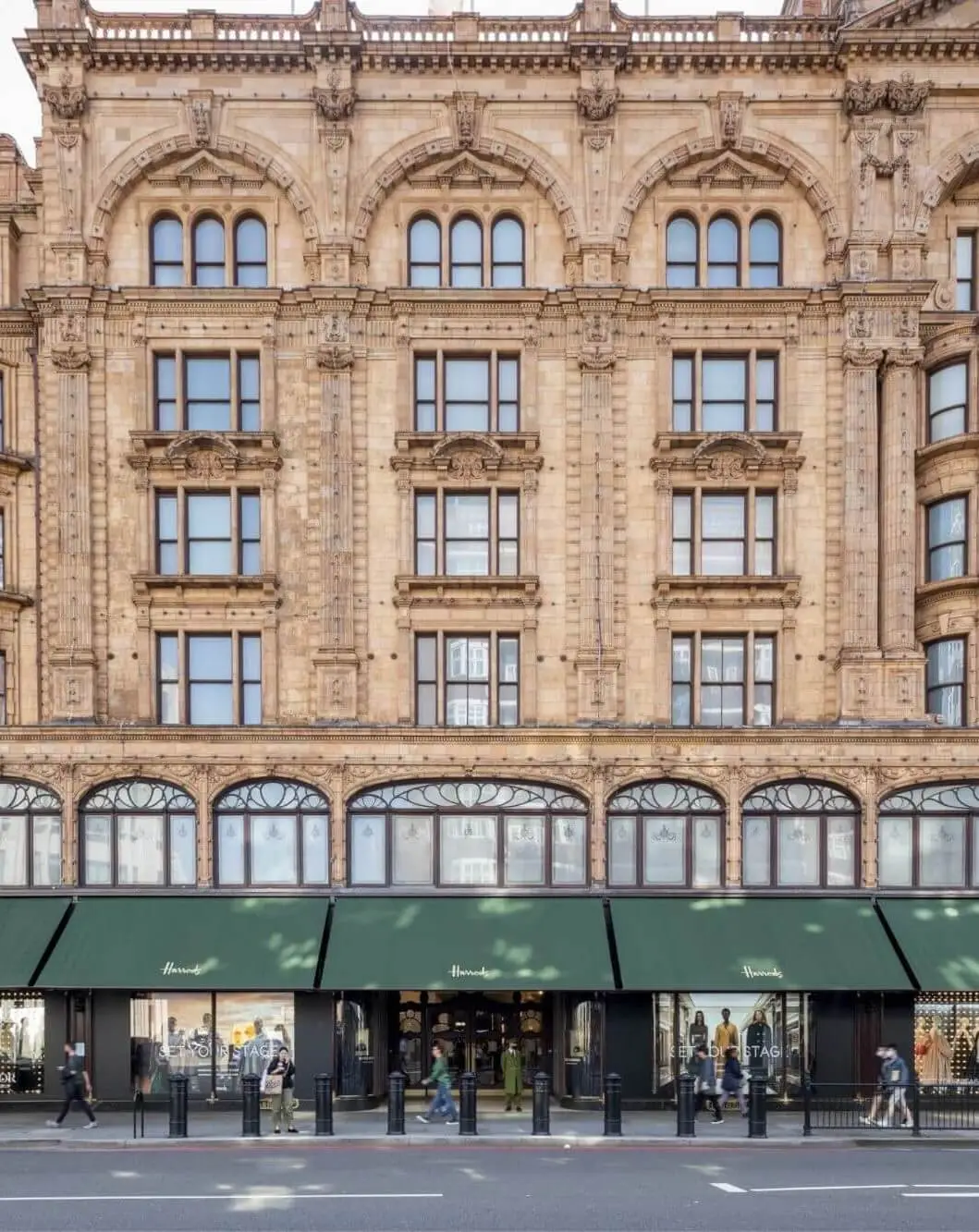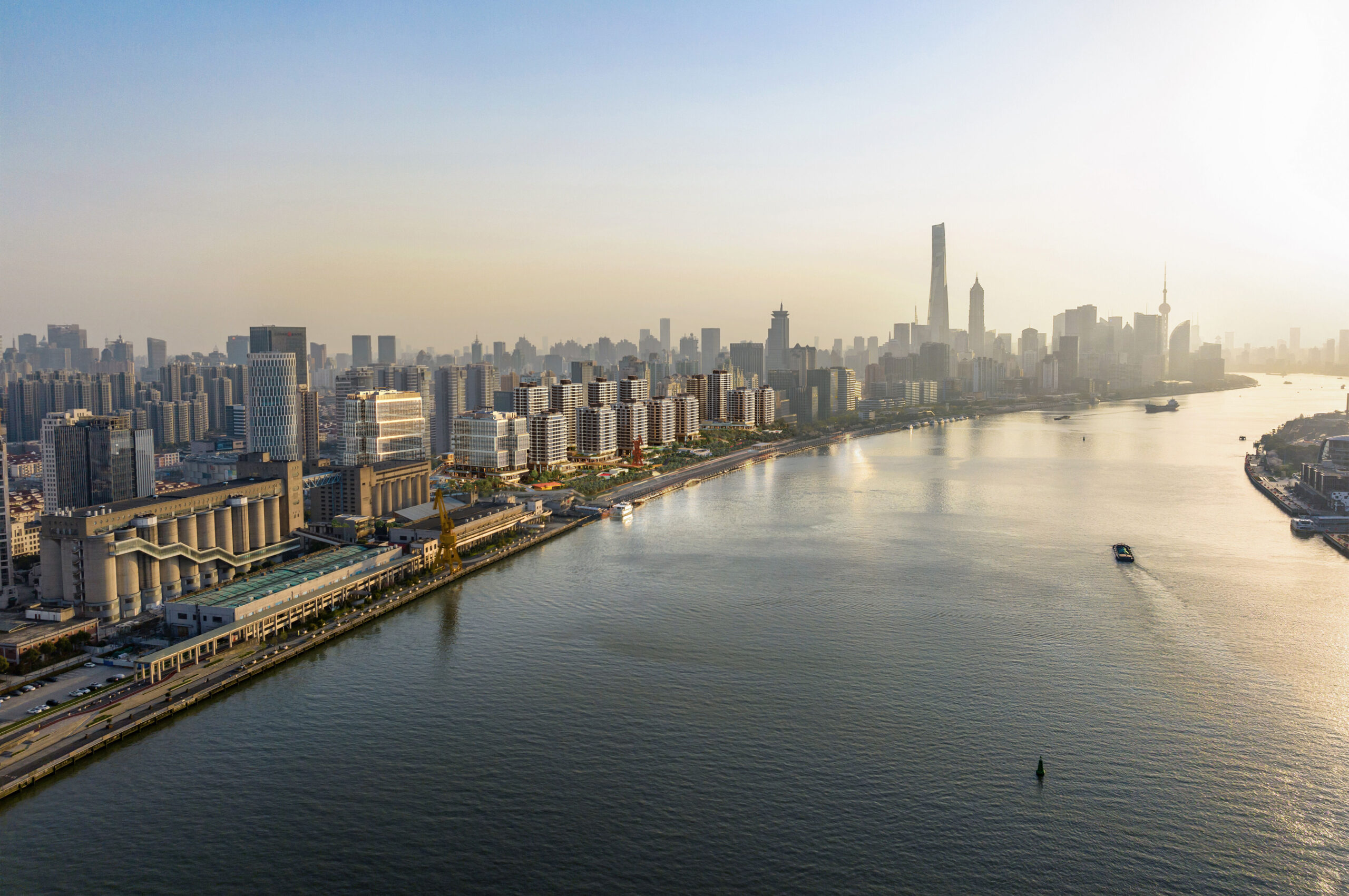
As the day progressed, the discussion shifted towards potential solutions, with panellists debating ways to improve day-to-day infrastructure – particularly transport options, housing and public realm – in an effort to imbue citizens with an increased sense of connection, ownership and belonging. Suggestions included:
- Rethinking traditional housing typologies to create more community-oriented neighbourhoods;
- Restructuring the planning process to include more engagement of individual voices; and
- Enhancing basic inclusive design principles for both public and private spaces.
A broad theme that resurfaced throughout the day was the notion that the opposite of loneliness is ‘togetherness’ – not simply being near other people but feeling socially connected to them in a way that offers a sense of purpose and belonging. Other recurring lines of enquiry included the difference between self-imposed and involuntary isolation; the benefits and limits of public space in fostering true connections; the role of technology as both a cause and a remedy for loneliness; and the forms of willpower, funding and organising – both public and private – needed to effect change.
Loneliness has a devastating impact on people’s physical and mental health, and is a growing problem both in the UK and abroad – so much so that experts around the world have begun referring to the issue as an ‘epidemic’. City dwellers are at a particularly high risk, with a confluence of urban factors – including poor connectivity and high costs of living – eroding opportunities for social cohesion. More than half of the world’s citizens already live in urban areas, and this is predicted to grow to two-thirds by 2050. It’s crucial we acknowledge the role our urban infrastructure plays in this mounting problem.

The roundtable was a promising start. The topics discussed throughout the day will form part of a report from the Future Spaces Foundation exploring manifestations of urban loneliness and offering recommendations for addressing these through the built environment. There’s no question the physical backdrop to our lives – the places we live, work and socialise – has a huge effect on how unified or isolated we feel. It’s vital that we shape it to build better, healthier social connections.
The Foundation will release its report later this year. Please email info@futurespacesfoundation.org if you would like to be included in the mailing list.
